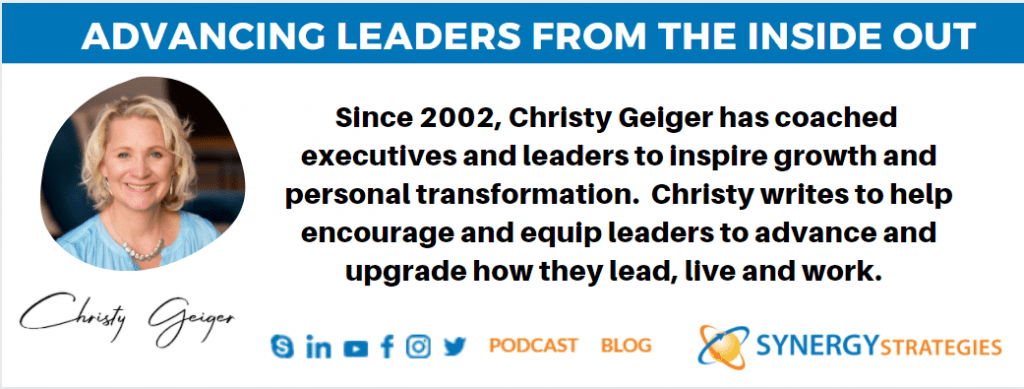Great communication does not happen accidentally or without effort. Like with anything, what we practice and are intentional to develop we improve in and master. Communication is something that is constantly changing so the mastery of it is challenging and a constant moving target. Despite this, the commitment to improve your communication is worth the effort and will pay off in your life.
What are the benefits of improving and working on communication?
- Most people do not like conflict. When you communicate well, you can reduce conflict.
- Great communication can strengthen relationships as people feel valued, respected, and heard.
- Good communication saves time by reducing miscommunication of information that results in taking the wrong action, showing up at the wrong place or time, and numerous other things that go awry with misinformation.
- Reduce frustration by avoiding hurting feelings or making something simple, complex, emotional, and a “big” deal.
5 questions to ask yourself to improve your communication. Ask yourself:
- Did I answer their question? (respect) Often, we respond or react to people from our perspective, justifying behavior or a situation when really what was asked is something different. What are they asking? Make sure you answer that.
- How am I coming across right now? (tone) Am I communicating an energy that is loving, caring, thoughtful, and considerate or do I feel annoyed, defensive, irritated, or attacked? We tend to communicate the energy of our emotions even when we think we do not have emotions about a situation. We are emotional beings, so self-awareness is important. You have emotions even if you are not acknowledging them. Practice being self-aware and then notice the tone in which you are responding so you can help to make situations better rather than adding to the invisible negative energy of a situation.
- What results are needed? (direction) What do I want and what do they want? Focus forward. Where are we headed and is this conversation moving us closer to the positive vision or further away?
- What is the impact of my communication? (energy) Given what I said and how I responded, what is going to happen? Did I help to provide greater clarity, move the action forward, and co-design a win-win solution? Did I “scarf” someone, causing them to shut down, feel unheard, or decide that I am not listening and leave the conversation? Often in psychology, it is said people are responsible for how they take things. This is true, but too often we use this to scapegoat the responsibility of HOW we communicate and entitle ourselves to have poor or unskillful communication, leaving a negative impact on others, when more skillful or artful communication could have resolved an issue.
- Do I have a request and is that clear? (action) What is the next step or the action that needs to be taken by me or them? Is that clearly designed and agreed upon in the conversation? A good 4-pronged design is: Who? Will do what? By When? How will we know? This helps to ensure agreements are outlined and committed to before closing the conversation.
I love communication and at the same time, I am amazed and baffled daily. As humans, we are not really that complex, and yet we are so complex. You might find yourself on either side of that spectrum feeling the simple or the overwhelming challenge. Both dynamics are present, so communication takes work. If you think it doesn’t take work, you are on the far end of one side and likely not communicating as well as you think.
Often people who don’t want to work at communication create more work for others to communicate with them, while they enjoy being a lazy communicator and leave ripples in their wake. To care about people and to seek great relationships, takes communication effort, and work. Your desire and efforts to sharpen and improve your communication will always pay off. It might be clunky in the beginning but stick with it. It matters and makes a difference.






